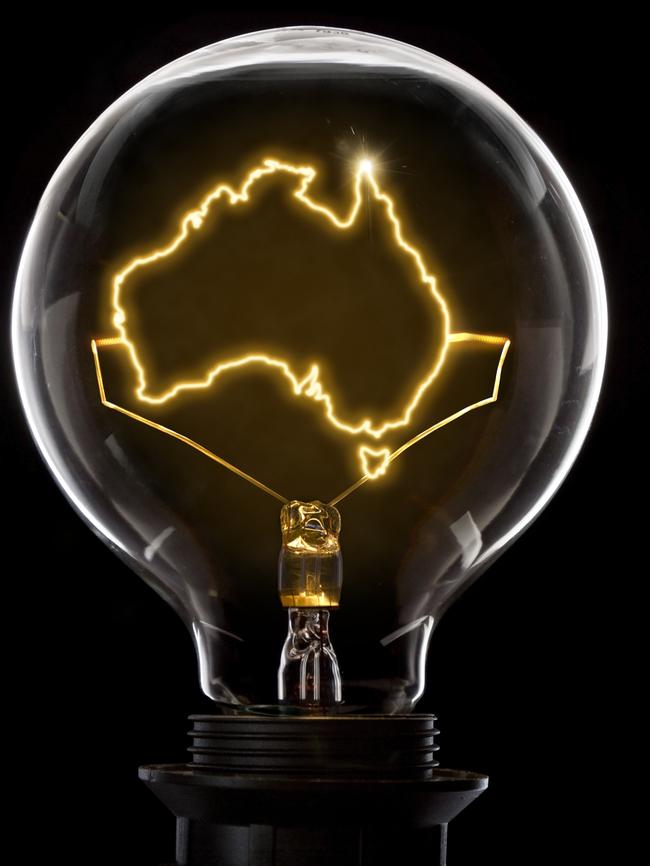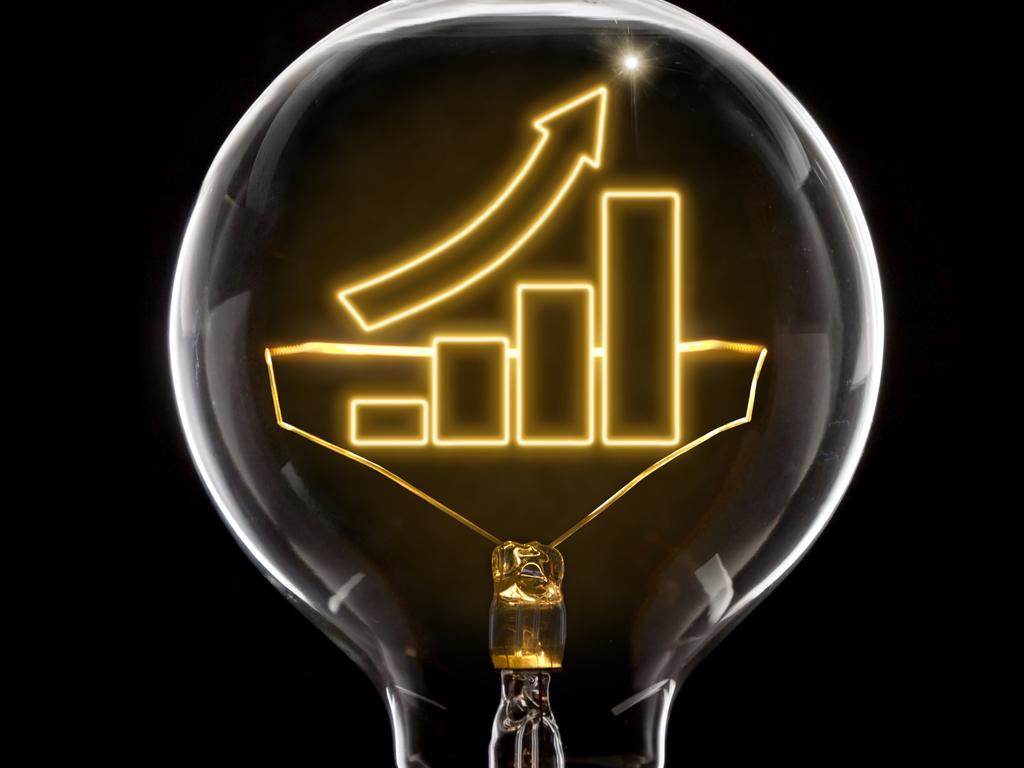Tax cuts and power bill discounts for the rich create tough questions
Every household is getting $300 off their energy bill, even if they don’t need it. It sparks a fiery debate about wealth and tax.
Giving $300 to every household in Australia, including millionaires and billionaires, has not gone down well for the government.
The budget’s big cost-of-living surprise, labelled by critics as “smoke and mirrors” and a dodgy attempt to artificially lower inflation, is not means tested and will be automatically added to households’ quarterly power bills from July 1.
This means hundreds of millions of dollars are flowing to homes that don’t need the money.
To be fair to the government, means testing for this sort of handout is effectively impossible because the government doesn’t know how much money many households earn until their tax returns are filed after the end of a financial year.
That’s too late for Treasurer Jim Chalmers, who wants power bills lowered quickly, to bring down CPI inflation quickly, to draw out Reserve Bank interest rate cuts quickly – ideally before next year’s election.

What it all means is a lot of free money being shovelled to households that are already being showered with big tax cuts.
The budget documents say there are 2.4 million taxpayers who earn more than $135,000 a year, and they’re all getting at least $3729 from the stage three tax cuts starting on July 1.
Let’s assume that all those people think that $3729 is enough and they don’t need the extra $300. That could mean close to a quarter of a billion bucks going back to Australia to help reduce our massive government debt.
However, there appears to be no mechanism to say “no thanks” to the money as it’s automatically included as a rebate in quarterly electricity bills.
There are other ways people could give back the $300 – perhaps as a donation to a charity that helps battlers and other worthy causes. That would also deliver the donor a tax deduction, so they’re still getting something from the government.
The curly question for every Aussie who isn’t living on Struggle Street is: would you give back your $300 power bill relief handout if you had the chance?
Some would, some wouldn’t – either believing they can’t afford it or that the government doesn’t spend their tax money wisely enough so they won’t give it more to waste.
I suggested it, so I will, in the form of $300 of extra donations to charities this year, but the arguments about what to do with free money from the government – even if you don’t need it – will continue forever.
That’s because we all have different ideas about who should get what when it comes to tax cuts and other government payouts.
The large stage three tax cuts, albeit smaller for many higher-income earners than originally legislated by the Coalition, inflamed those arguments more, with welfare lobby groups and some MPs savagely attacking them.
The question of whether wealthier people should pay even higher taxes will always spark fierce fights. But an economist reminded me on budget night that 60 per cent of Aussies pay no net tax, and that is likely to rise to 62 per cent once the revised stage three cuts kick in.
Almost two-thirds of us get more money from the government than we pay it in taxes, so how much further do we go?
Should 70 per cent or 80 per cent of people pay no net tax? That’s putting a huge weight on those who often have worked incredibly hard to get ahead financially.
Expect this debate over financial fairness to rage for years and decades to come.






To join the conversation, please log in. Don't have an account? Register
Join the conversation, you are commenting as Logout